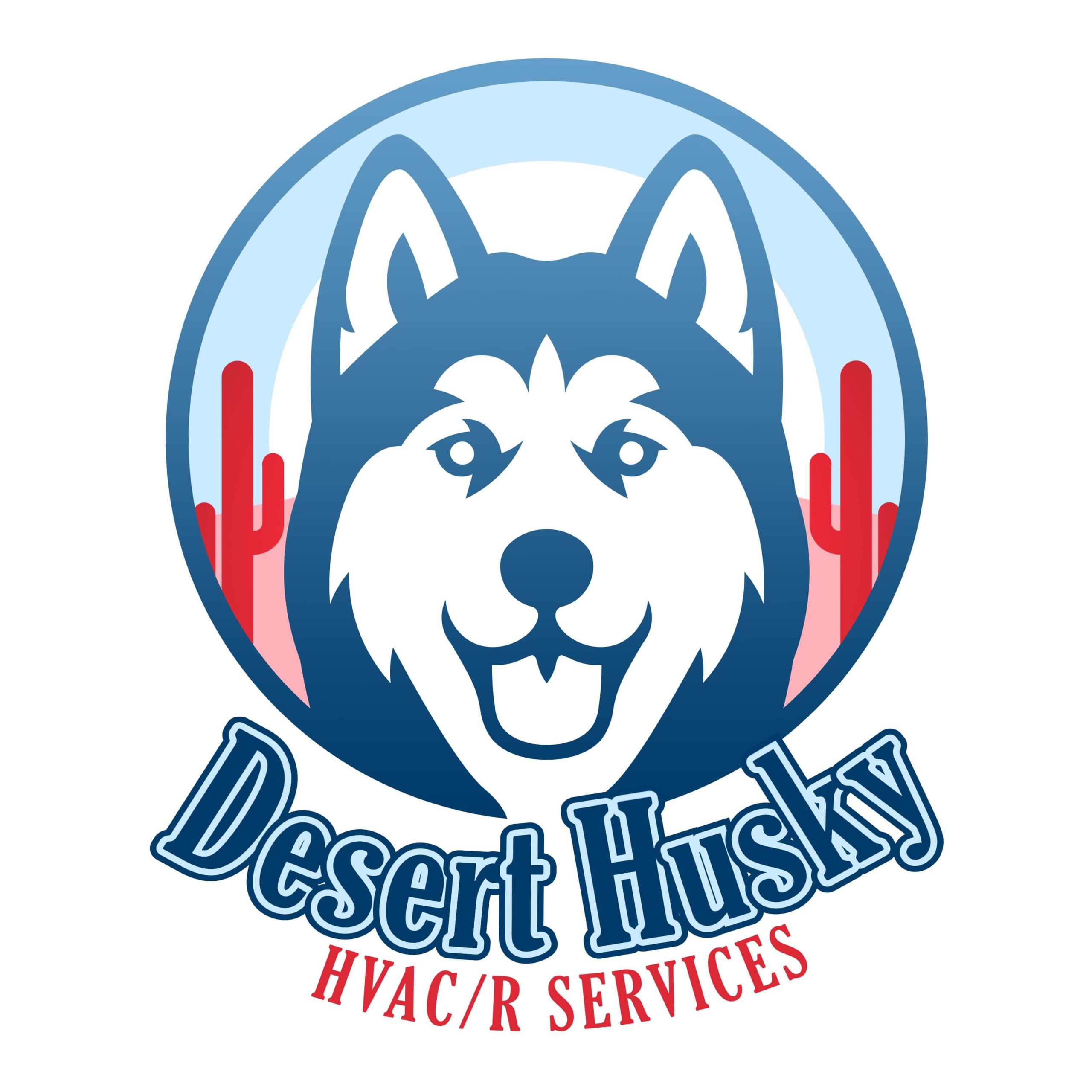
We spend lots of time in our homes. In reality, the Environmental Protection Agency (EPA) has estimated being indoors accounts for 90% of our schedule. However, the EPA also has determined your indoor air can be three to five times more polluted than outside your home.
That’s since our homes are firmly sealed to boost energy efficiency. While this is great for your energy expenses, it’s not so fantastic if you’re a part of the 40% of the population with respiratory allergies.
When outdoor ventilation is restricted, pollutants including dust and volatile organic compounds (VOCs) might get captured. As a consequence, these pollutants could worsen your allergies.
You can improve your indoor air quality with crisp air and regular dusting and vacuuming. But if you’re still having problems with symptoms while you’re at your residence, an air purifier could be able to provide relief.
While it can’t eliminate pollutants that have landed on your couch or carpet, it could help clean the air circulating across your house.
And air purification has also been scientifically confirmed to help lessen some allergic symptoms, according to the American College of Allergy, Asthma and Immunology. It may also be useful if you or someone in your household has lung issues, like emphysema or COPD.
There are two kinds, a portable air purifier or a whole-home air purifier. We’ll discuss the distinctions so you can learn what’s right for your residence.
Whole-House Air Purifier vs. Portable Air Purifiers
A portable air purifier is for a single room. A whole-house air purifier accompanies your heating and cooling unit to clean your entire house. Some models can work on their own when your HVAC unit isn’t running.
What’s the Best Air Purifier for Allergies?
Go after a purifier with a High Efficiency Particulate Air (HEPA) filter. HEPA filters are installed in hospitals and deliver the most comprehensive filtration you can get, as they catch 99.97% of particles in the air.
HEPA filters are even more useful when used with an ultraviolet (UV) germicidal light. This dynamic combination can wipe out dust, dander, pollen and mold, all of which are common allergens. For the best in air purification, think over a system that also has a carbon-based filter to eliminate household vapors.
Avoid buying an air purifier that makes ozone, which is the primary element in smog. The EPA warns ozone may aggravate respiratory problems, even when emitted at low amounts.
The Allergy and Asthma Foundation of America has created a checklist of questions to think over when getting an air purifier.
- What can this purifier take out from the air? What doesn’t it extract?
- What’s its clean air delivery rate? (A higher number means air will be freshened more quickly.)
- How often does the filter or UV bulb need to be changed]? Can I finish that on my own?
- How much do new filters or bulbs cost?
How to Lessen Seasonal Allergy Symptoms
Want to have the {top|most excellent|best] results from your new air purification unit? The Mayo Clinic recommends taking other measures to reduce your exposure to things that can trigger seasonal allergies.
- Stay inside and keep windows and doors closed when pollen counts are elevated.
- Have other household members mow the lawn or pull weeds, since these tasks can worsen symptoms. If you are required to do these jobs on your own, you might want to consider using a pollen mask. You should also shower right away and change your clothes once you’re done.
- Avoid stringing up laundry outdoors.
- Run the AC while at your house or while you’re on the road. Consider installing a high efficiency air filter in your residence’s home comfort system.
- Equalize your home’s humidity saturation with a whole-house dehumidifier.
- Hardwood, tile or linoleum are the best flooring materials for reducing indoor allergens. If your residence has carpet, install a HEPA filter on your vacuum cleaner.
Let Our Professionals Handle Your Indoor Air Quality Requirements
Prepared to take the next step with getting a whole-house air purifier? Give our experts a call at 520-416-5415 or contact us online to get an appointment. We’ll help you find the right equipment for your house and budget.
